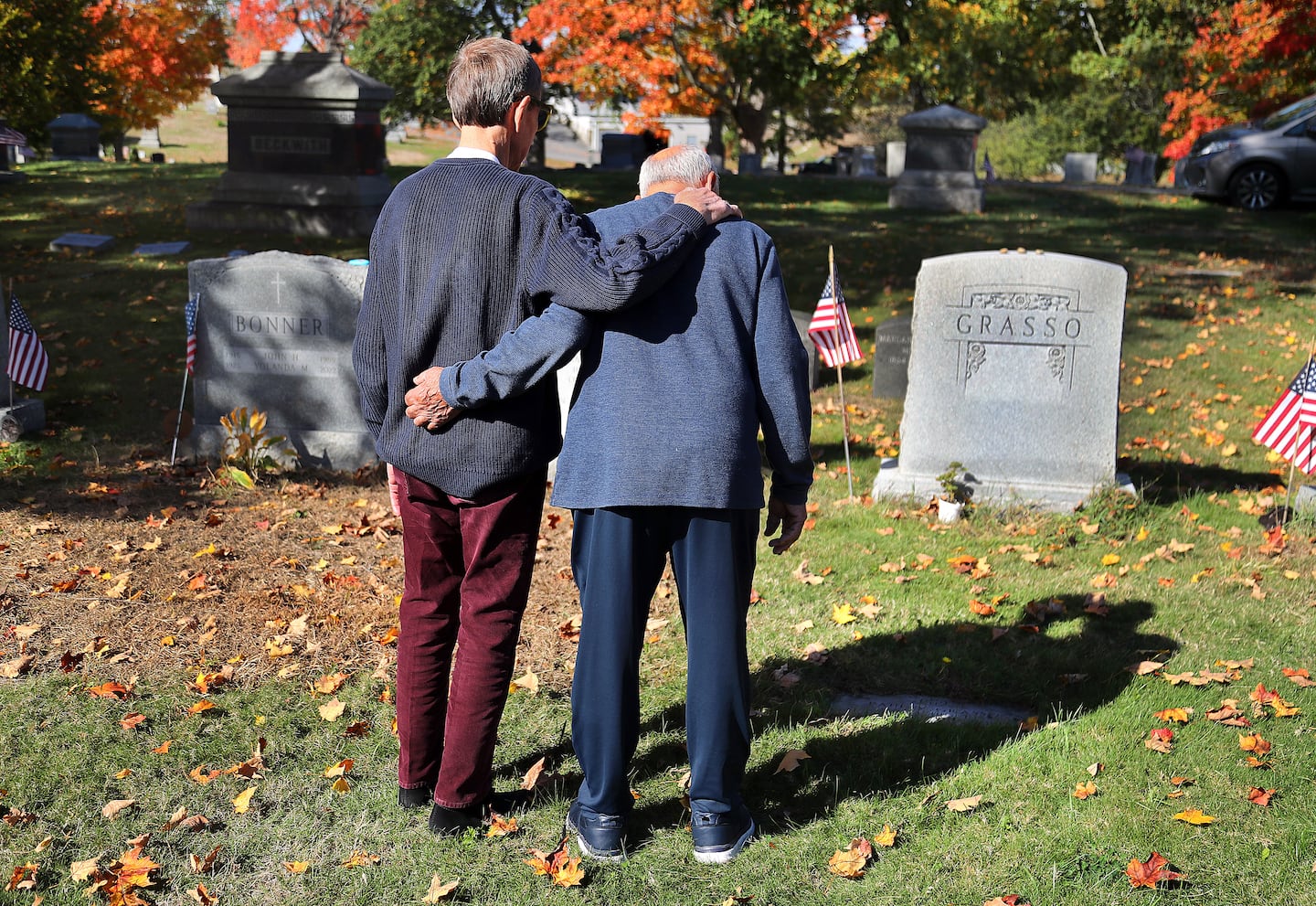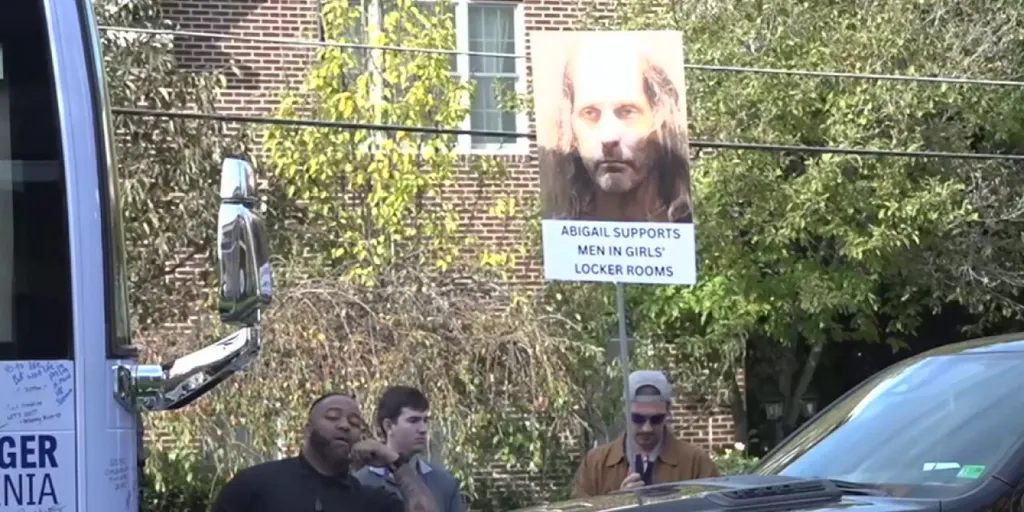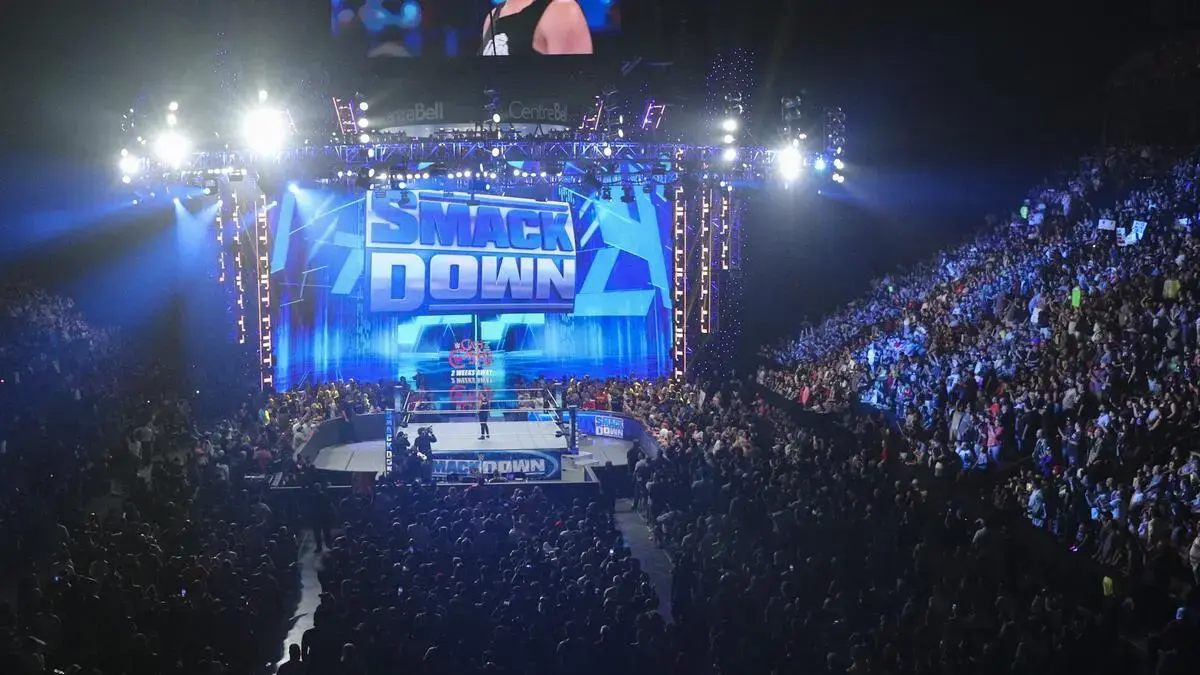Copyright The Boston Globe

Two young Marines — members of India Company, Third Battalion, Third Marine Regiment, Third Marine Division — were outside Khe Sanh, where the fighting was intense. The two Marines had grown up just a few miles from each other across Dorchester Bay. Kochanowski, 18 years old, was from Southie; Paul Grasso, 19, was from Quincy — “Southie with trees,” as the joke went. They became fast friends when they met in Vietnam. They had each other’s back. They were on patrol, fording a stream, when the strap on the mortar pack Kochanowski was lugging broke. He was waist-deep in water, grasping at the broken strap to keep the mortars dry, as Grasso mounted a steep, muddy bank ahead of him. One by one, as they climbed the riverbank, each Marine turned to help the one behind him out of the water. When Grasso reached the bank, he turned back and saw Kochanowski struggling. With one hand on the broken strap, Kochanowski reached out his M-16 so Grasso could use it to pull him out of the water. Kochanowski braced his foot against the muddy bank, and Grasso pulled him up. Kochanowski was almost at the top of the bank when a shot rang out. He fell backward into the water. Grasso fell, gravely wounded, on the river bank. Ed Kochanowski was conceived in a refugee camp in Eastern Europe and born in Boston on Valentine’s Day after his parents emigrated to the US. He grew up in Andrew Square but hung out around the D Street projects, where, unlike some kids in his neighborhood, they didn’t care he was Polish. His parents were survivors of World War II. His father was Polish and fought the Nazis, losing an eye for his trouble. His mother was German, and suffered grievously because of it. She was from Breslau, now known as Wroclaw in Poland, but at the time the last major German city to surrender. Kochanowski’s mother fled Breslau on a train that was bombed and strafed by Russian fighter jets. She was badly injured but survived. But the trauma never left her. “She couldn’t be in a car with the doors locked,” Kochanowski said. “She couldn’t get on a train.” His parents were damaged by the war, walking examples of something that wasn’t even named or diagnosed then: post-traumatic stress disorder. They eventually grew apart and split up. Ed was just 16 when he signed up for the Marines in 1967. His parents signed off on it. In the affluent suburbs of Boston, where most kids went on to college, if only for the draft deferment, signing up for combat without being drafted, as the war in Vietnam intensified, was widely considered madness. But in working-class Southie, where military service was deeply ingrained and respected, it was considered honorable and patriotic. Near the end of 1967, right before Ed shipped out to Parris Island for training, a few of the guys from D Street gathered some of the local girls. They lined up and kissed Kochanowski goodbye. He left on a train out of South Station, holding a bottle of vodka out the window. Paul Grasso was the baby of a big, close-knit Italian family in South Quincy. He had three older sisters and an older brother. He was a terrific athlete and by high school was on the radar of scouts for Major League Baseball teams. While he was a popular jock, he was known to be friendly with and kind to the less popular kids at Quincy High School. “He could do no wrong,” his brother Ray said. “He was a great athlete. I was into mechanics. He couldn’t bang a nail into the wall. But when it came to sports, he was really gifted. He was just a great kid. Everybody loved him.” Paul Grasso excelled at football, basketball, and baseball and the only question was which he was best at. It was probably baseball, and the New York Yankees agreed. In September 1967, as Paul’s heroes of the Impossible Dream team, the Boston Red Sox, homed in on the World Series in the most improbable worst-to-first season, he got a tryout for the Yankees with some other 600 kids at a camp in Vermont. Only 60 were picked to progress beyond the tryout, and Paul Grasso was one of them. “The whole family was excited for him,” Ray Grasso said. But then, as was his way, Paul Grasso threw his family a curve ball. He didn’t join the Yankees. He joined the Marines. “He did it with four of his friends — the buddy system,” Ray Grasso said. One of Paul’s friends flunked the entrance exam, with flat feet. “That kid,” Ray Grasso said, “took the test again and got accepted. He passed the physical. But he went out that night to a bowling alley on the Southern Artery, celebrating. He left the bowling alley and was killed in a car accident.” With that omen hanging in the air, like bad karma, Paul Grasso shipped out to Parris Island, and then Vietnam. In ‘Nam, Kochanowski and Grasso gravitated to each other. They had peopled the same places, followed the same Boston sports teams, spoke with the same accents Marines from other states found unfathomable. Southie and Quincy weren’t very different places: working-class, ethnic, with a strong military tradition. A lot of Quincy people could trace their roots to Southie. With its single-family homes on postage stamp-sized lots, Quincy offered that slice of the American dream to which many people renting a floor of a three-decker in Southie aspired. It was entirely appropriate, then, that the Marines of India Company dubbed Grasso with a nickname that was common in Southie: Bobo. “We called him Bobo and it stuck,” Kochanowski said. At the tender age of 19. Bobo Grasso was a respected leader of men. Kochanowski thinks his leadership qualities stemmed in part from a healthy, loving upbringing, one he envied. “I came from a broken family,” Kochanowski said. “Paul bragged about his family, about how close they all were. He wanted to fix me up with one of his sisters. I knew he had a nice family, the kind of family a kid like me from Andrew Square or D Street didn’t have.” Things got pretty crazy in Vietnam as soon as India Company arrived in-country. They knew the war was intensifying. Each patrol seemed to take on greater urgency, the enemy closer, the threat palpable. When they waded across that river near Khe Sanh, there was no question Grasso had Kochanowski’s back, and vice versa. So when Kochanowski put out his rifle, Grasso didn’t hesitate: He grabbed the gun barrel and pulled hard. When the shot rang out, Kochanowski fell back into the water, assuming they were under enemy fire. After he surfaced, it took a moment for him to realize, with Grasso lying wounded on the river bank, that it was his rifle that caused the damage. Kochanowski scrambled up the riverbank to find their sergeant kneeling by Grasso, telling the wounded Marine he was going to be OK. “Paul was actually joking with the sergeant,” Kochanowski remembers. “Paul was a tough kid.” But tough doesn’t beat an M-16 round fired at close range. The bullet ripped through Grasso’s body and he died on that riverbank, 20 days short of his 20th birthday. Kochanowski was devastated. “I wasn’t as tough as I thought I was,” he said. “I took it hard. Right off the bat. They had to take my weapon away, my grenades.” Kochanowski was sent to the medical evacuation area in the DMZ. A doctor told him, “Don’t go back. I’ll send you home.” He wouldn’t hear of it. “I told him, no, I have to go back and face the guys. When I came back, no one was allowed to talk about it. It was just, ‘Let’s go kill some [expletive].’ That really hurt me. I had a hard time with it. “I blamed myself. I felt like eyes were on me. How can you trust a guy that was involved in that, with our friend, our brother? They never came out and said that, but they were hurt. We were all hurt. But we couldn’t talk about it.” After returning to his unit, Kochanowski got knocked out by an enemy explosive device about a month after Grasso died. “They put me on a chopper, sent me back,” Kochanowski said. While recovering in a military hospital in Philadelphia, he got bad news from Vietnam. “Our squad got whacked,” Kochanowski said. “I was told four or five of the 10 guys in our squad got killed in a firefight.” His survivor’s guilt worsened. Kochanowski said he was diagnosed with severe and chronic war neurosis, what we now call PTSD, which got worse after he left the hospital. The guilt felt like a heavy, wet blanket on his shoulders. His chest was always tight, sometimes making it hard to breathe. Even his legs felt heavy. He began drinking, to make the pain go away. But that only made his depression worse. The Southie he returned to had its own wars, between Whitey Bulger’s gang and the Mullins, a bunch of Vietnam vets from City Point who wouldn’t take crap from Bulger or anybody else. The desegregation of public schools by busing school kids out of their neighborhoods was met with vociferous, even violent, resistance in Southie. The town, as natives in Southie call their neighborhood, was unsettled, making Kochanowski’s resettling that much harder. Southie was on edge, and Kochanowski felt he was being pushed closer to it. Not long after returning home, Kochanowski married; his wife was wonderful, but he was not, consumed by booze and demons. He lifted weights constantly, then drank himself into oblivion. “I’d get drunk for two or three weeks, no food, no water,” he said. “It was 10 or 12 years of that. I got into car accidents. Twice, they used the jaws of life on me.” After his marriage ended, Kochanowski met a woman named Dottie on St. Patrick’s Day, at the Polish American Citizens Club in the Polish Triangle between Southie and Dorchester. They married, she was the love of his life, and yet he almost threw it away because what happened in Vietnam kept gnawing at him. Just as Kochanowski’s life seemed in a death spiral, he escaped. It was not so much a religious conversion as a spiritual awakening. “I said, ‘Lord, if you’re there, I’ve been looking for you for a long time.’ It didn’t happen overnight, but there was a change in me,” he said. He found a passage in the Bible, where Jesus talked to a Pharisee named Nicodemus, a member of the Jewish ruling council. Nicodemus went to Jesus, looking for wisdom, or redemption, or maybe just the comfort in knowing there was more to this life than just what we experience on Earth. “Very truly I tell you,” Jesus told Nicodemus, “no one can see the kingdom of God unless they are born again.” In that moment, in a dream that didn’t seem like a dream, Ed Kochanowski felt a rush of wind and he was born again. He began reading more about the phenomenon and learned that his mother’s name, Renata, is derived from the Latin, Renatus, which means born again. He discovered his surname, Kochanowski, means “to love” in Polish. “That was 45 years ago,” Kochanowski said. “I got right with God and Jesus and I got right with my family. I put my marriage back together. My kids warmed up to me.” He is sure of one thing. “If it wasn’t for Jesus,” he said, “I would have died a long time ago.” With his faith in humanity restored and his demons confined to the bottom of a bottle he vowed to never drink from again, Kochanowski knew he had to take more than 12 steps. The 13th step was finding Paul’s family to tell them what happened that day on the riverbank in Vietnam. On Monday, May 4, 1968, exactly one month after the Rev. Martin Luther King Jr. was assassinated in Memphis, there was a knock on the door of the Grasso family home on Liberty Street in Quincy. Ray Grasso opened the door to find a uniformed Marine officer standing there with their local priest, there to inform them Paul Grasso had been killed in Vietnam. “That day shattered our family,” Ray said. “My mother, my father, my three sisters — none of us were ever quite the same.” Their pain was compounded by the dearth of information from the Marines and the government about the circumstances of Grasso’s death. “That lack of closure became its own kind of pain,” Ray Grasso said. “I carried it through my whole life, like a weight strapped to my back. The grief never faded. It just got quieter.” On the first Memorial Day after Paul was killed, Kochanowski guessed, correctly, that Grasso’s family would go to his grave at Mount Wollaston Cemetery. So he went, too, but lingered in the distance. He couldn’t bring himself to approach them. Grasso’s mother, Carmela, actually noticed him and called out, but Kochanowski walked away as if he was just passing by. They had never met, but she sensed something about the young man with haunted eyes. “I think she knew,” Kochanowski said. “Mothers know. I think she knew it was me.” Another time, when they were dedicating a memorial to Paul Grasso in Quincy, Kochanowski went to the ceremony. He stood in the crowd, again trying to summon the courage to approach the Grassos, but just couldn’t. The guilt was eating him up, but he couldn’t take those last steps, make that awkward introduction and throw himself at the mercy of the Grasso family. Instead, as he had at the cemetery, he just drifted away, like a ghost. A few months ago, Ray Grasso’s daughter Amy and her husband, Tim, borrowed Ray’s van for their move to a new home in Braintree. The van got scratched and dented and Amy and Tim offered to pay for the repairs. Amy recommended Ray Grasso bring the van to Chuck Ayers’s auto body shop in North Quincy, as Ayers had done previous work for her and was a real pro. Ray Grasso made the short drive to get a quote, handing his registration to the guy behind the counter. And that guy, Ed Kochanowski, recognized the name immediately. Kochanowski drew a breath and swallowed hard before addressing Ray Grasso. “Did you have a brother who was a Marine that was killed in Vietnam,” he asked. Taken aback, Ray Grasso replied, almost in a whisper, “Yes.” “I think we need to step outside,” Kochanowski said. Grasso wondered what the guy behind the counter wanted. Why did he want to step outside? What was going on? Outside, Kochanowski looked at him and said, “It was me. I’m the one.” Ray Grasso understood immediately. Both men began sobbing, folding into each other. After a bit, Grasso pulled back and said, “I want you to know, I hold nothing against you. We never blamed you. Never.” Kochanowski explained what happened that day, that Paul Grasso, trying to help him out of the water, grabbed the barrel of the M-16 and somehow a round was fired accidentally. “You’re brave to tell me your story,” Ray Grasso told him. “I’m glad to finally know what really happened to my brother.” Then the two embraced again, sobbing and shaking with emotion and relief. After it was out there in the open for everyone to appreciate, for everyone to digest, so much became clearer. “After hearing Ed’s heartfelt words, I knew one thing,” Ray Grasso said. “This man didn’t need more punishment. He needed peace.” The Grassos gave him that, in spades. The weight those men had carried — one for knowing what happened, the other for not knowing — disappeared into the ether. Kochanowski is now an adopted member of the Grasso family, the kind he wished for when he was a boy, wandering between Andrew Square and D Street, seeking the love and stability every kid desires. He’s a frequent guest at the Grasso home, where Ray’s wife, Susan, fusses over him. Their daughter Tara a hairdresser, cuts Kochanowski’s hair. We all had lunch together recently at Ray and Susan’s house, and there were a lot of laughs. But, every now and then, talking about Paul, talking about how Kochanowski suffered all those years, how the Grassos suffered all those years, there were tears, too. “Ray’s a crier,” Susan said, pushing some chicken salad at us. “I’m a crier, too,” Kochanowski said, pointing at Susan. “I try to be Southie tough, but in the closet, the tears will fly.” He looked to Ray Grasso and said, “That’s why we are brothers.” Ray nodded in agreement, his lips drawn tight. Susan Grasso said Kochanowski coming into their lives has closed a circle, put an end to something that had eaten away at their family. He gave them a gift, explaining how Paul loved his Marines and they loved him back, their Bobo, their squad leader. And, maybe most importantly, they now know Paul died as he lived, selflessly, trying to help someone who needed it. That was Paul. For his part, Kochanowski said the continuing, loving embrace of the Grasso family has healed him, ended his war, and finished an odyssey that began when a clueless kid from Southie was sent off to a foreign land by politicians who wouldn’t consider sending their own kids on such a futile, pointless mission. “These people,” Kochanowski said, indicating Ray and Susan Grasso over his shoulder, “are the real deal. Decent as the day is long. And they get it.” What they get, maybe, is that when it comes to war, young people are put in places and situations far beyond their control, where, despite their best intentions, terrible things happen. And that’s what happened on that riverbank that terrible day in Vietnam, when a teenager from Southie accidentally shot a teenager from Quincy, in the middle of a war that killed far too many, for far too long and for far too little. Ed Kochanowski will never forget Paul Grasso, or ever stop honoring his memory. Because they are brothers, and death doesn’t end brotherhood. Like love, it endures. Always faithful, it endures.



